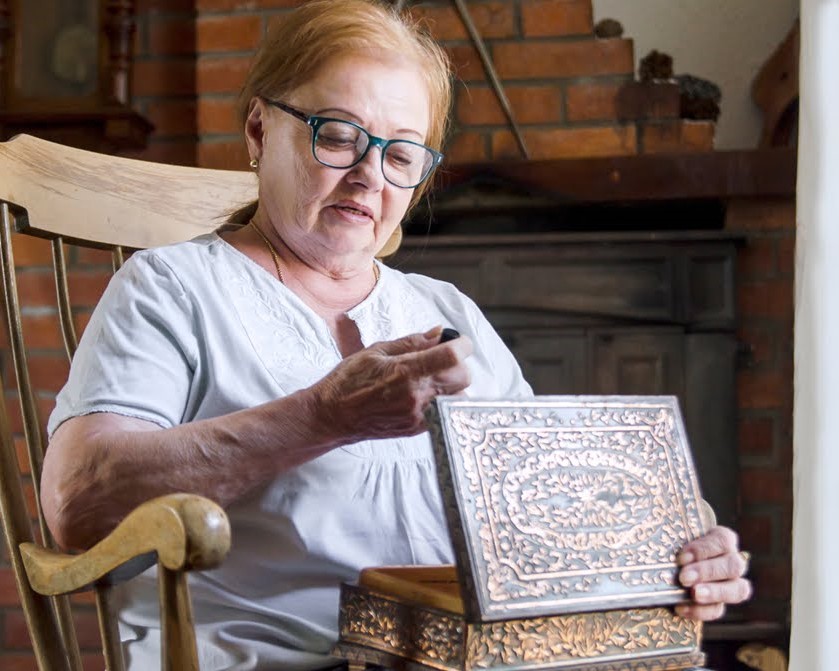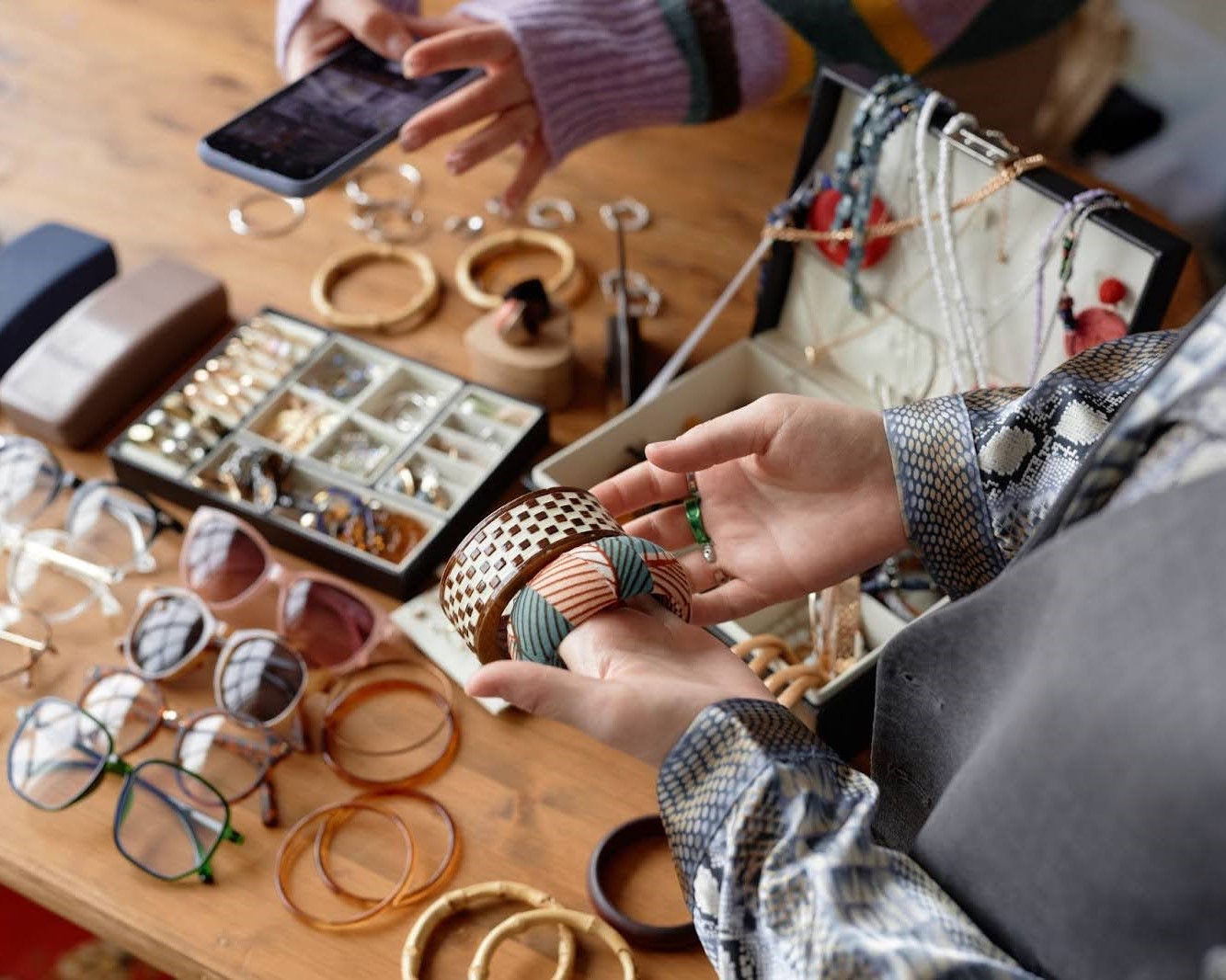
When someone you love passes away, their belongings often remain behind like echoes, reminders of a life lived and moments shared. Deciding what to do with those items can be one of the more emotional and overwhelming parts of the grieving process.
Every object holds a story. A scarf still carrying their scent. A handwritten birthday card tucked away in a drawer. A cupboard full of teacups they insisted on using “only for guests”.
Letting go of these things — or choosing to hold on — isn’t just about tidying up. It’s about memory, meaning, and moving forward gently.
There’s no perfect way to begin, but here are some thoughts to guide you through this process with care.
Keep What Feels Meaningful to You
Start by identifying the belongings that spark something in you — a sense of connection, a treasured memory, or a warm feeling of familiarity. These items might be small and personal: a piece of jewellery, a favourite jumper, or a note in their handwriting.
It’s not about keeping everything — it’s about keeping something that helps you feel close. What you keep can become a quiet source of comfort in the months and years ahead.
And if other family members or friends share a close bond with your loved one, consider passing on items that might carry meaning for them too. A shared photo, a recipe book, or even a simple mug can find new life in another home.

Capture the Memory Without Keeping Everything
Sometimes, the hardest part of letting go is the fear of forgetting. But you don’t have to keep every object to honour the memory. Taking photos of sentimental items can help preserve the emotional connection without needing to store everything physically.
Photograph a well-worn armchair, a collection of teacups, or even a wardrobe full of vintage dresses — anything that holds meaning. These digital keepsakes can be compiled into a memory album or slideshow, allowing you to revisit those moments without cluttering your space.
This approach can be especially helpful when space is limited or when you’re trying to compromise with family members about what to keep. You’re still holding onto the essence — just in a more manageable way.

Donate With Purpose
Giving their things away can feel hard, but it can also feel good. If your loved one cared about a particular cause, donating their clothes, books, or household items can be a beautiful way to extend their legacy.
Think about charities or organisations that reflect their values. Donating doesn’t just clear space; it can bring a sense of purpose during grief.
It’s a way of helping others, while also honouring the spirit of someone you miss deeply.

Let Go Where You Can
Some belongings won’t hold emotional or financial value, and that’s okay. But just because they belonged to your loved one is not a reason to keep them.
Outdated electronics, broken items, old paperwork — they don’t need to take up space or energy. When it feels right, let go.
If possible, recycle or repurpose to reduce waste. You may find some comfort in knowing that even in saying goodbye to these things, you’re doing it thoughtfully.

When Selling Makes Sense
Certain items — such as vintage furniture, artwork, or collectables — may hold financial value, but they hold no sentimental value for you.
If you’re feeling guilty about selling an item, remember: choosing to sell something doesn’t mean you’re letting go of the person. It might simply be a way to support your own future — something your loved one would likely want for you.
If you do decide to sell, take your time. Talk to a professional appraiser or estate sale expert if you’re unsure where to start.

Preventing and Navigating Family Disagreements
Grief can stir up big feelings, especially when multiple family members want the same treasured item
If the item has not been assigned to a particular family member in their will and conflict arises, try to approach it with open-hearted conversation. Sometimes, sharing memories attached to those items can lead to compromise or new perspectives.
When conversations stall or become stressful, involving a neutral third party — such as a mediator or grief counsellor — can help keep things respectful and fair.
Remember, the goal is not to “win,” but to honour relationships above possessions. After all, is a piece of jewellery or a painting worth sacrificing relationships for?

Take Your Time
At Funerals By Design, we understand how emotionally complex it can be to sort through a loved one’s belongings.
Sorting through a loved one’s possessions can take weeks, months or even longer. Just remember there’s no deadline on grief, and no rush to finish. Be kind to yourself. Rest when you need to. Ask for help when it feels too much.
If you’re not quite ready to make decisions, or need support with the practical side of things, our Frog Files can help you take that first step. It’s designed to guide you through the process gently and thoughtfully—because letting go shouldn’t mean forgetting.
At the end of the day, it’s not the things themselves that matter most — it’s the love, the memories, and the meaning they hold.
Whether you keep, share, donate, or let go, what truly endures is the connection you carry forward.



 0412 269 049
0412 269 049